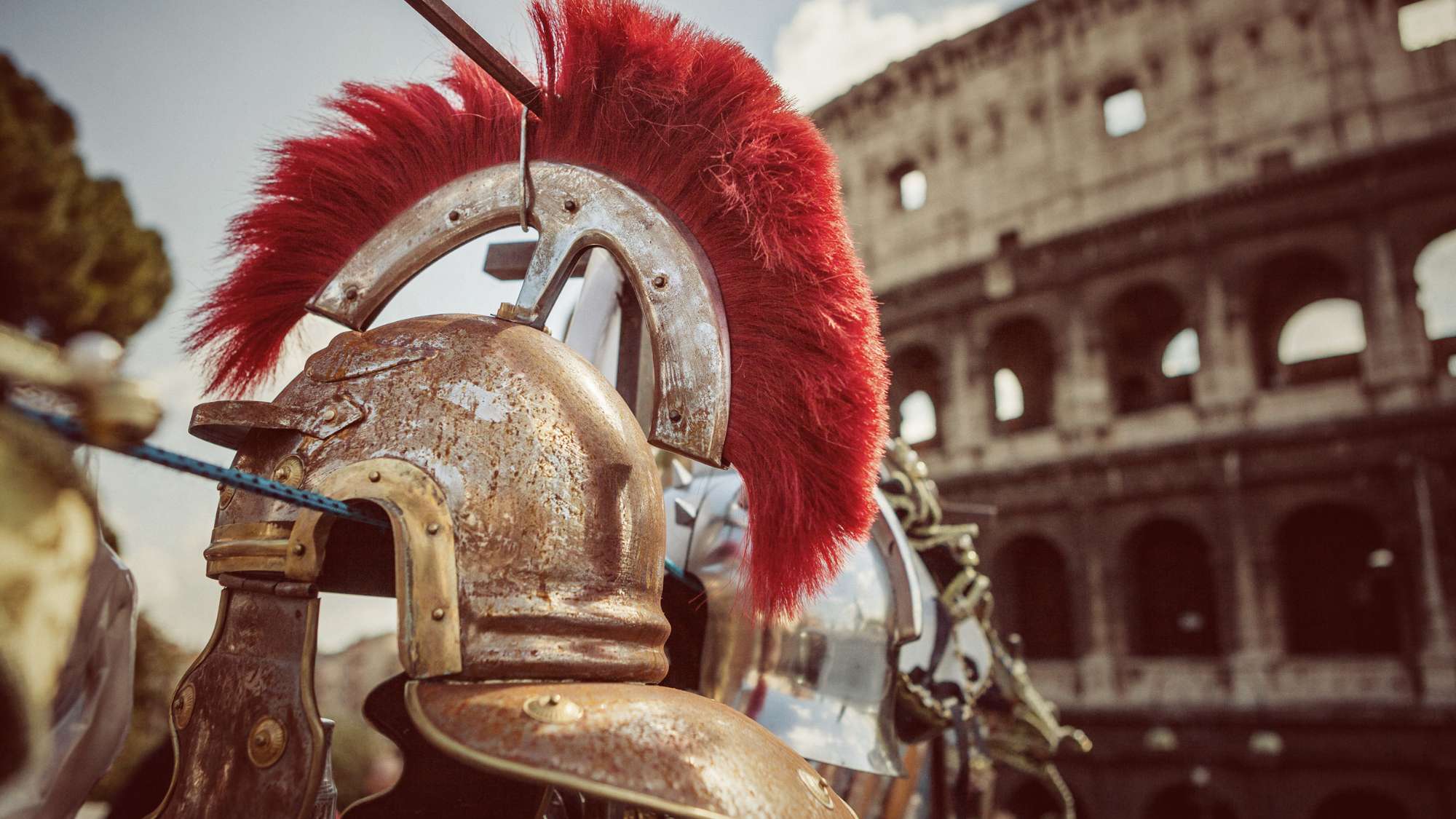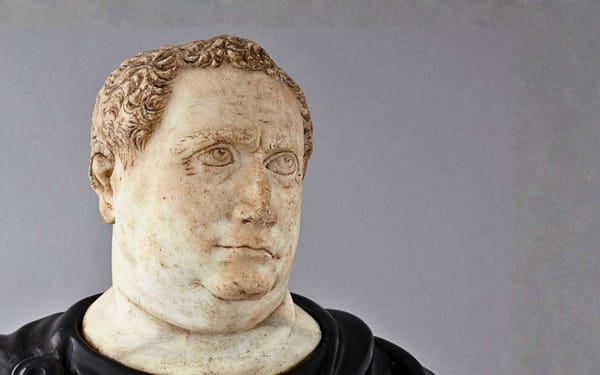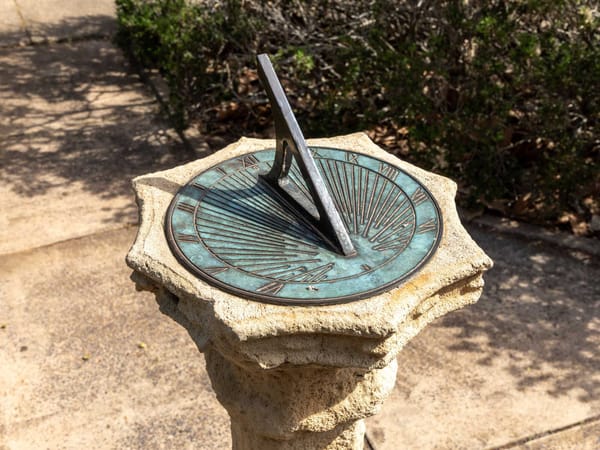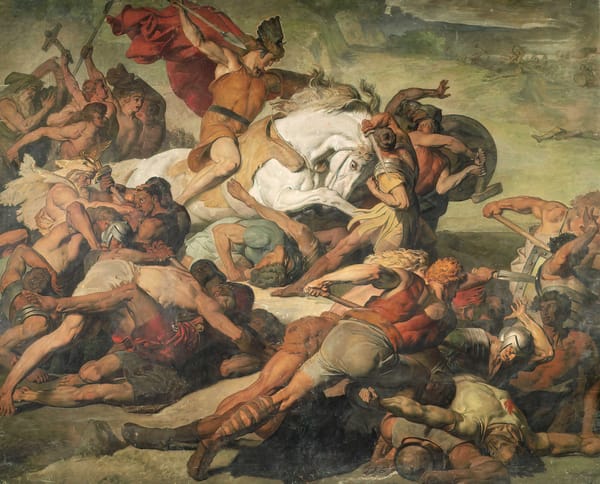Roman Army Veterans: Life After Service in Ancient Rome
The Roman army veterans were settling in conquered lands to Romanize the area and keep the situation under control.

In Ancient Rome, the term "veteran" referred to a soldier who had completed his service, regardless of the corps in which he served, whether it was the praetorian or urban cohorts, legions, auxiliary forces, or navy. The concept of length of service evolved alongside the organization of Rome's army and the role of the soldier.
Initially, a veteran was a volunteer who armed himself at his own expense and served for the duration of the specific military campaign for which he was recruited. With the formal organization of the army and the establishment of the "professional soldier" as a distinct social and legal entity, the length of service became standardized according to the specific military corps to which the soldier belonged.
The birth of the Roman Army
Contemporary historians often agree in dismissing Augustus's military talents, citing his rare appearances on the battlefield. However, we should reconsider Augustus's role as a general.
Firstly, Augustus's reign was critical in organizing the army in a way that persisted throughout the Early Empire. While he didn't start from scratch—the Republic already had well-organized forces capable of conquering much of the Mediterranean—key distinctions such as the separation between the Roman garrison and provincial army, the differentiation between auxiliary units and legions, command structures, recruiting standards, and frontier strategies all originated at the beginning of his regime.





About the Roman Empire Times
See all the latest news for the Roman Empire, ancient Roman historical facts, anecdotes from Roman Times and stories from the Empire at romanempiretimes.com. Contact our newsroom to report an update or send your story, photos and videos. Follow RET on Google News, Flipboard and subscribe here to our daily email.
Follow the Roman Empire Times on social media: